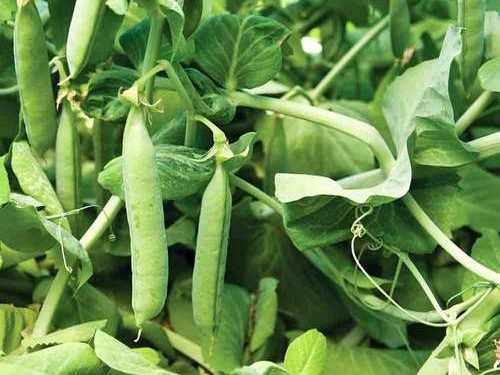The Cowpea and Beans Association of Nigeria (CBAN) has commended the intervention of the Presidential Fertiliser Initiative (PFI) in the provision of fertilisers for farmers in the country.
National president of the Association, Shitu Mohammed Kabir who gave this commendation in an interview recently, said that he has always believed that it is better for Nigeria to have its own fertiliser plants rather than rely on importation.
According to him, “With the introduction of the Presidential Fertiliser Initiative, you can see how many fertiliser blending factories that are springing up, that is the way to go and to develop the country. If you keep on importing, you are sending your hard earned money out of your country. If you set up these plants it will bring about industrialisation and create employment. I am happy that today, we have reduced our fertiliser import by about 60 per cent. It is a gradual process, we are moving.”
On the challenges cowpea farmers face in the country, Kabir said the major challenge cowpea farmers faced in the past had been neglect, but added that gradually, cowpea is gaining attention from government. As he puts it, “Before now, we were not recognised but today, Cowpea is one of the important crops in the country, both as food crop and export commodity. With the intervention of the Anchor Borrowers Programme (ABP) of the Central Bank of Nigeria, this year we are going to sponsor about 30,000 farmers through Anchor Borrowers Programmes. That means our output is going to increase significantly this year.”
He said Nigeria is classed as one of the largest producers of cowpea in West Africa, “As it is today, I believe if all hands are put on the deck, we can get one million metric tonnes, but for now we produce about 300,0000 to 500,000 tonnes per annum.”
He said his association is working with research institutes in the country to produce improved varieties of cowpea. According to him, “We cluster our farmers that are beneficiaries of the Anchor Borrower Programme. That makes it easier to ensure that they get quality seeds, the right chemicals and that they engage in the best agronomic practices so that they can get better yield. “Before now, they only look forward to getting 2.5 tonnes per hectare, now we are talking of getting three to four tonnes, that is an improvement.”


